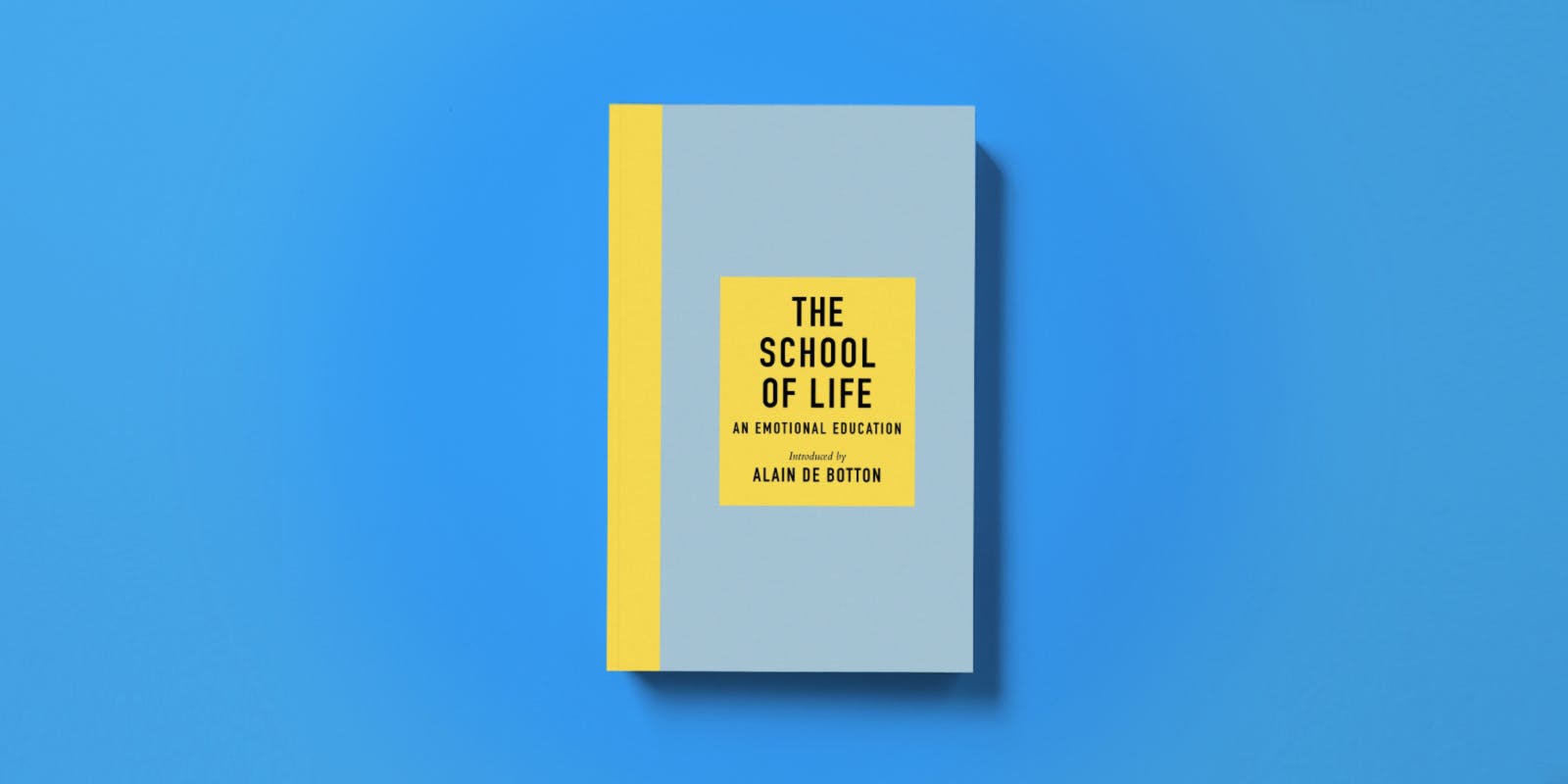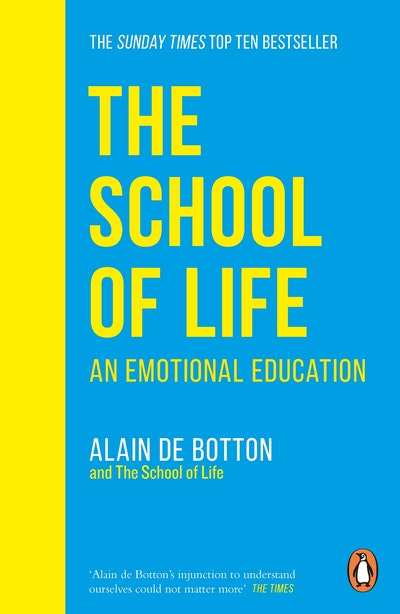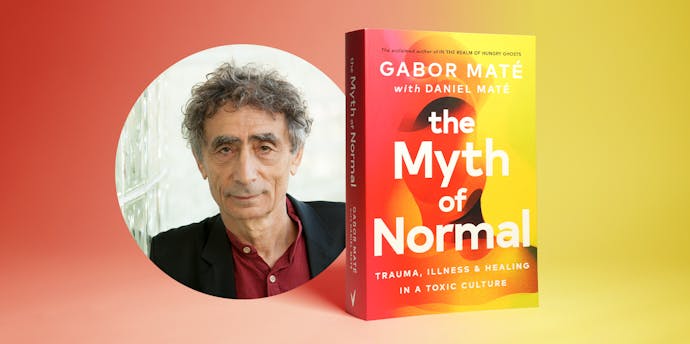In The School of Life Alain de Botton explores a skillset essential to our modern lives.
Drawing on his work in the hugely successful School of Life organisation, in The School of Life Alain de Botton presents a compendium of emotional intelligence. It’s a term bandied around extensively these days, but before we go any further it’s worth asking, what does ‘emotional intelligence’ even mean? Can it be taught? And why is it important?
‘[It] is distinctive just how selective we are about the topics we deem it possible to educate ourselves in,’ de Botton writes in the book’s introduction. ‘Our energies are overwhelmingly directed towards material, scientific and technical subjects – and away from psychological and emotional ones. Much anxiety surrounds the question of how good the next generation will be at maths; very little around their abilities at marriage or kindness. We devote inordinate hours to learning about tectonic plates and cloud formations, and relatively few fathoming shame and rage.’
The School of Life is what de Botton describes as a ‘modest attempt to try to save us a bit of time’, in transmitting the emotional wisdom we require to successfully navigate life. In the passage below, he introduces the concept of emotional intelligence, and touches on the weightiness of the ultimate ‘soft’ skill of the twenty-first century.
Emotional intelligence remains a peculiar-sounding term, because we are wedded to thinking of intelligence as a unitary capacity, rather than what it actually is: a catch-all word for what is in fact a range of skills directed at a number of different challenges. There is mathematical intelligence and culinary intelligence, intelligence around literature and intelligence towards animals. What is certain is that there is no such thing as an intelligent person per se – and probably no entirely dumb one either. We are all astonishingly capable of messing up our lives, whatever the prestige of our university degrees, and are never beyond making a sincere contribution, however unorthodox our qualifications.
When we speak of emotional intelligence, we are alluding – in a humanistic rather than scientific way – to whether someone understands key components of emotional functioning. We are referring to their ability to introspect and communicate, to read the moods of others, to relate with patience, charity and imagination to the less edifying moments of those around them. The emotionally intelligent person knows that love is a skill, not a feeling, and will require trust, vulnerability, generosity, humour, sexual understanding and selective resignation. The emotionally intelligent person awards themselves the time to determine what gives their working life meaning and has the confidence and tenacity to try to find an accommodation between their inner priorities and the demands of the world. The emotionally intelligent person knows how to hope and be grateful, while remaining steadfast before the essentially tragic structure of existence. The emotionally intelligent person knows that they will only ever be mentally healthy in a few areas and at certain moments, but is committed to fathoming their inadequacies and warning others of them in good time, with apology and charm.
Sustained shortfalls in emotional intelligence are, sadly, no minor matter. There are few catastrophes, in our own lives or in those of nations, that do not ultimately have their origins in emotional ignorance.













